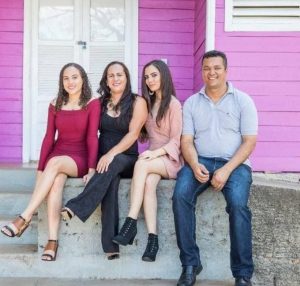Brazil’s
death toll from Covid-19 surpassed 130,000 Friday, amid cautious optimism over
signs the virus is finally slowing in the hard-hit South American country.
With the
second-highest death toll in the pandemic after the United States, Brazil has
been devastated by the new coronavirus, which has now claimed 130,396 lives in
the country, according to the health ministry.
Brazil, home
to 212 million people, has registered nearly 4.3 million infections, behind
only the US and India.
After a
seemingly endless plateau in which the number of daily deaths was regularly
over 1,000 from June to August, Brazil’s curve appears to be descending at
last.
The average
number of deaths per day for the past week was 696.
“The
models indicate we are past the peak… and starting a descent, albeit with
levels that are still unacceptably high,” immunologist Guilherme Werneck
told a seminar this week organized by Brazil’s leading public health research
institute, the Oswaldo Cruz Foundation (Fiocruz).
Brazilian
President Jair Bolsonaro faces criticism for his handling of the virus, which
he has downplayed as a “little flu.”
Now on his
third health minister of the crisis — an army general with no prior medical
experience — the far-right president regularly attacks the stay-at-home
measures recommended by global health authorities, insisting the economic
damage would be worse than the disease.
Also read: Clinical trial of Russia’s COVID-19 vaccine Sputnik V to begin in India this month
Instead, he
is pushing the anti-malaria drug hydroxychloroquine as a remedy, despite
studies showing it is ineffective against Covid-19.
Meanwhile,
the virus has proved devastating for some of Brazil’s most vulnerable groups,
notably residents of impoverished favelas, or slums, and indigenous communities
in the Amazon rainforest.
The fear now
is that as the country emerges from lockdowns — which only had limited
compliance to begin with — the number of infections and deaths will surge
again.
“To tell you the truth, the first wave
still isn’t over in Brazil,” the epidemiological modelling specialist
Thomas Mellan of Imperial College London told the Fiocruz seminar.






